As makeup should suit your face and your personality, the materials you choose for your classes should suit your students’ needs. What can be studied in lessons with makeup artists? In this article, you will find lesson ideas for Intermediate students. Students will learn and practice vocabulary to talk about make-up and beauty routines, beauty products and tools.
1. Warm-up
Ask your students to describe the pictures and find what they have in common.

Key: the pictures show the workplaces of people of different professions (engineer’s, teacher’s, makeup artists’ desks).
Then ask your students what workplace they prefer (probably that would be the third one) and then describe what they might see on this table. Brainstorm makeup tools and products and write them down on the board, that will be a great chance for you to see what your students already know on this topic.
- Vocabulary work
It’s better to start vocabulary work the revision of with body parts, especially face parts. Ask the students to label/match the words with the pictures.
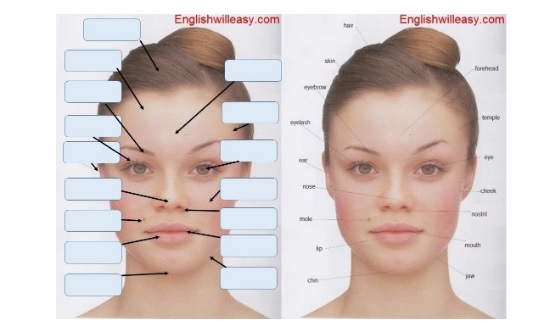
After that, ask the students to watch the video and label essential makeup products.
Key: foundation, powder, blusher, highlighter, brow pencil, eyeliner, mascara, lipstick.
You can also bring your own makeup bag and pre-teach eyeshadows, a lip gloss, a lip liner, a nail polish, brushes. etc. Find more vocabulary here. Next step would be discussing your student’s makeup bag essentials. Your student might also enjoy looking through the makeup catalogue (in any language) and naming the makeup products.
What is more, you can assign some videos with useful vocabulary as homework before the lesson, e.g. this video.
- Beauty discussion.

Let your students put ticks in the table, then express their opinion or experience.
Teacher’s notes:
The term «heavy makeup» is used to describe a lot of make-up on the face.
To «apply» make-up or cosmetics is more formal than “to put on makeup”.
If your students feel confident using makeup vocabulary, set a more difficult discussion. Here are some questions they might ask each other in pairs:
- How do you choose tools for make-up? How do you take good care of them, and use them for best results?
- Is it important to know colour theory principles when choosing colours in make-up when working with different people?
- How can you make skin look flawless using different textures of foundations?
- How can you enhance highlights and shadows to create the illusion of depth on the face and create a sculpted look?
- What does it mean to correct eye shapes and master eye make-up techniques that will draw attention to the most beautiful features of the face?
- What should be done to lips to make them stand out / remain hidden?
- What should a person do to start a career as a make-up artist?
- Do you feel embarrassed while putting on makeup in public?
- Beauty debates
Divide students into two groups, set a situation: Students A strongly believe cosmetics are not necessary to make someone look more attractive, that a woman can be successful without wearing makeup; Students B strongly believe the opposite.
If you need any inspiration, watch the video below:
These are just some of the ideas what you can use for your lessons with students interested in the makeup industry. If you have any other suggestions, feel free to write in comments below.





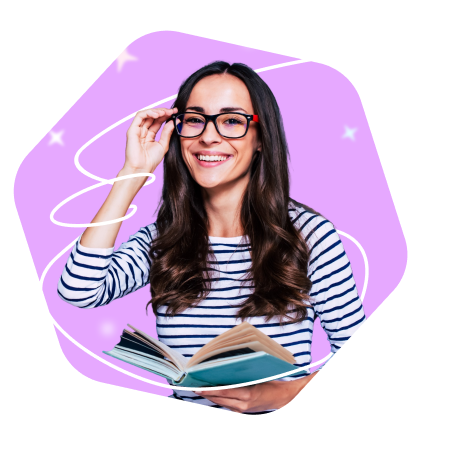
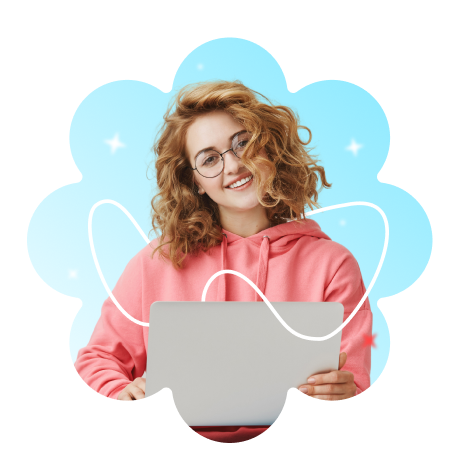



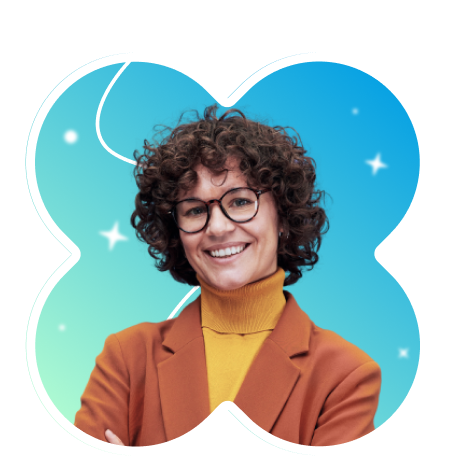

 Анастасия Юферева
Анастасия Юферева 
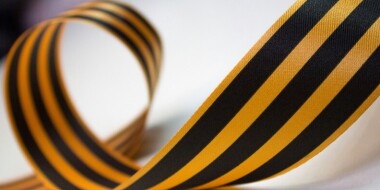
 Татьяна Тюменцева
Татьяна Тюменцева 
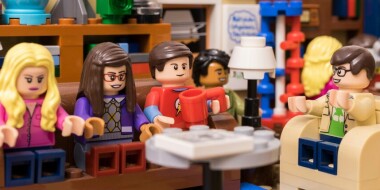
 Павел Усов
Павел Усов 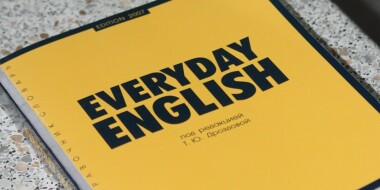
 Анна Тетерина
Анна Тетерина
классный материал, спасибо!